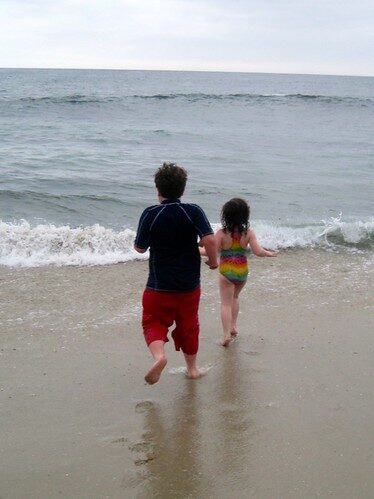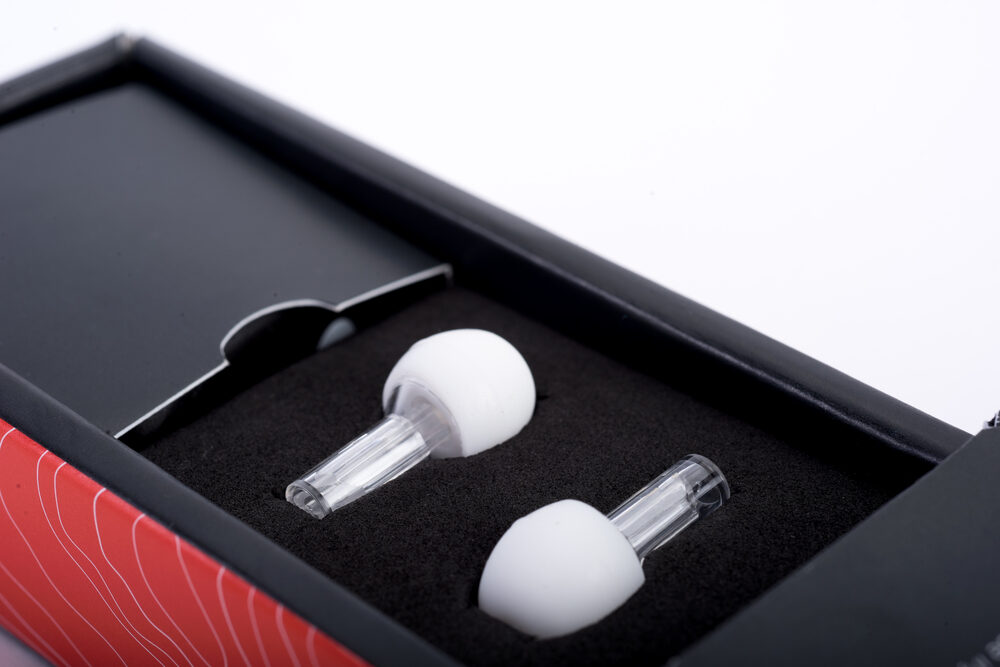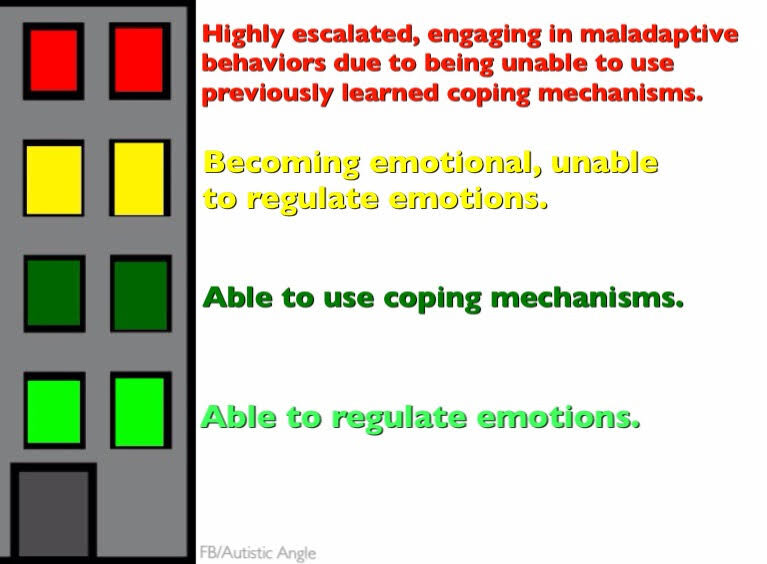Photo © Tony Cheng | Flickr / Creative Commons [image: Blue medical mask painted with a toothy, red-lipped smile.] Content note: Discussion of self-injury, self-harm, and aggression. —- Of all the varied stress bombs COVID-19 has lobbed at autistic people and their families, one of the more universal is the stress caused by routine disruption, coupled with constant close quarters. Few of us are at our best under such circumstances, so we wanted to share some advice and insights from autistic people and/or parents who are experiencing what you are experiencing about handling some of the tougher aspects, like increased tendencies towards self-injury and aggression. We also want to direct people towards our existing resources: Autistic Insights on Meltdowns, Aggression, and Self-Injury Understanding Autism, Aggression, and Self-Injury: Medical Approaches and Best Support Practices Behaviour Analysis, The Autistic Way Eleven Ways You Can Make Your Autistic Child’s Life Easier First, we…
Tag: coping
Photo © Shannon Des Roches Rosa [image: two white kids in bathing suits running on a beach towards some waves.] Elizabeth Torres is Director and Principal Investigator at the New Jersey Autism Center of Excellence, and a researcher at Rutgers University, where her lab “develops new methods for precision medicine and mobile health.” We spoke with Dr. Torres about her work on autism’s motor and movement underpinnings, and why research in this area could lead to autistic people getting greatly improved and highly person-specific accommodations and supports, and why autism research is so rarely truly evidence-based. Why is understanding neuromotor-based factors in autism so important? Elizabeth Torres: As you know, autism is currently defined by observation. Think about a continuum from zero to ten, where at zero you have opinion, and at ten you have hardcore rigorous science, mathematically based. And somewhere in between, you have pseudoscience and soft science…
At any given time, I have to pause and give serious consideration as to whether or not turning a light on or off, or walking to a different room, will be worth the discomfort. I think for most people, this can seem like a minor thing, but in the course of a day, even minimal differences with lights can add up to a substantial impact.
Vibes Hi-Fi Earplugs. Photo from www.discovervibes.com [image: White earplugs resting in a black box with red sides.] Jeff at Spectrum Disordered www.facebook.com/asdisordered First off, I am quite sensory sensitive/defensive to noise. “Bad” sounds shut me down and hurt, even at low volumes, if it is the wrong type of noise. My existing coping mechanisms have been playing music through in-ear headphones, and foam earplugs. I haven’t tried many stand-alone active noise-canceling products, save for a few hi-fi music headphones with noise cancelling features. In reviewing the Vibes earplugs, I am primarily contrasting them with foam earplugs. Unboxing The Vibes come in an attractive small package, containing items similar to what you would expect from music earbuds: the earplugs themselves, additional small and large fit rubber earbud inserts, and matchbook-sized carrying case. For anyone who has carried foam earbuds in a pocket, the carrying case is a bonus. Though the case is…
Kaelynn Partlow Facebook.com/AutisticAngle I’m an adult with supposed “high functioning” autism. I drive my own car, and for the most part, I have many self help skills. There is nothing obviously different about the way I speak. I also work as a therapist, with young autistic children. Due to the nature of my job, I am required to get a tuberculuosis (TB) test every year. The test involves a needle, and I’ve had a severe phobia of needles for as long as I can remember. To be perfectly honest, I’ve always had a general phobia when it comes to medical procedures, even the painless ones. So, when it came time for my yearly test, my supervisor accompanied me to provide extra support. She and I have been close for several years and she has been there to support me in many other ways, even before my employment. In the waiting…
I bring a bag of things to do—a book, a journal and pen, a music player and headphones—for when I need to chill out. If I get too overwhelmed, I take a walk in the cold air. When I take enough breaks to disengage, I can enjoy spending time together with large groups of relatives!
Emily Willingham www.emilywillinghamphd.com www.forbes.com/sites/emilywillingham Let’s start with the headlines blaring the news about a recent autism study. They almost invariably use the phrase “grow out of autism,” even though the study itself does not use that phrase or even reference “grow” except to talk about head circumference. Instead, the authors of the report, published in The Journal of Child Psychology and Psychiatry, use the term “optimal outcomes” to describe what they detected in a group of 34 people who were diagnosed as autistic when they were under age 5. As the study authors themselves state, this idea that autistic people might show reduced deficits to the point of losing a diagnosis is not new. In fact, first author Deborah Fein and colleagues cite studies identifying frequencies of “optimal outcomes” as high as 37% among autistic people. The lingering open questions relate to whether or not the autistic people in these…





